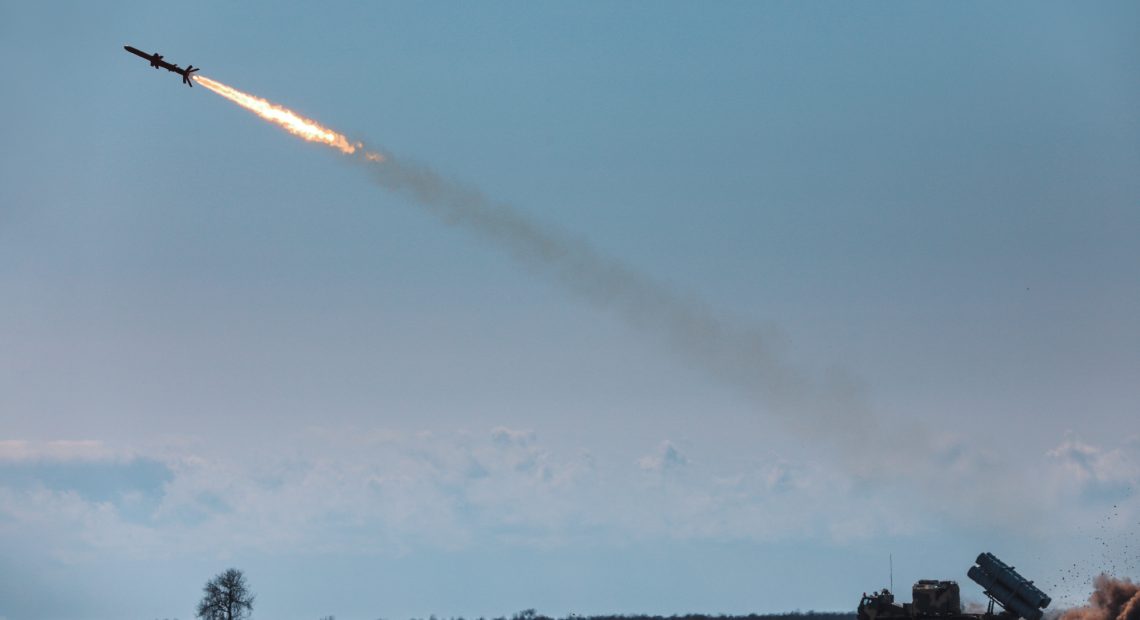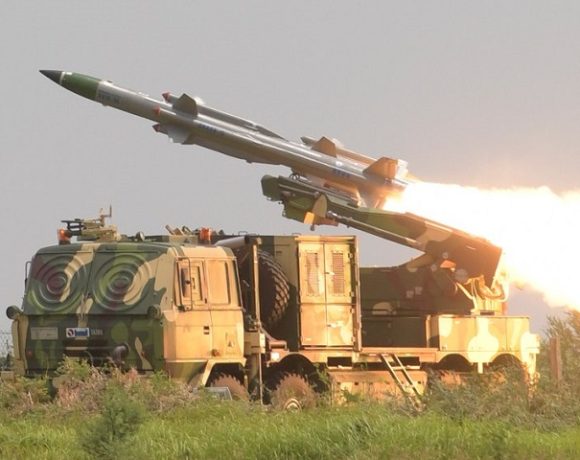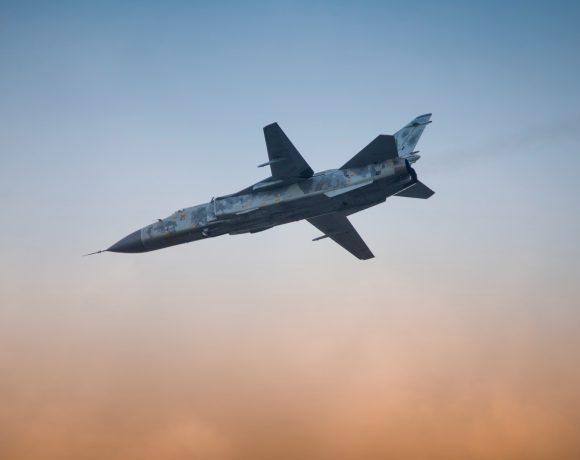
Israel Launches Major Airstrikes on Lebanon, Six Killed
Israel carried out its most extensive airstrikes on Lebanon since the last ceasefire, in response to rocket fire from across the border. The strikes, targeting several regions in southern Lebanon, left at least six people dead and many others injured. This marks a dramatic escalation in cross-border hostilities, raising fears of a wider conflict in the already tense Middle East.
The Israeli military stated that six rockets were fired from Lebanese territory, with three breaching Israeli airspace before being intercepted. In retaliation, Israeli warplanes struck Hezbollah-linked infrastructure, command centers, and rocket launch sites in various parts of Lebanon.
Civilian Casualties in Multiple Regions
The airstrikes caused significant civilian casualties. In the village of Touline, five people, including a child, lost their lives and ten others were wounded. In Tyre, one person was killed and at least seven were injured. Additional strikes in the village of Hawsh al-Sayed Ali left five more individuals wounded.
These attacks have intensified tensions near the Israel-Lebanon border, where residents have already endured months of conflict since hostilities resumed following the October 7 Hamas assault on Israel. Over 4,000 people have been killed in Lebanon during the recent conflict period, and approximately 60,000 Israelis have been displaced due to rocket fire and border clashes.
Hezbollah Response and Regional Reactions
Hezbollah has denied launching the recent rockets and maintains that it remains committed to the existing ceasefire. Meanwhile, Lebanon’s Prime Minister has reiterated that his country does not seek war and has directed the military to maintain calm in the south. The government has also called on the United Nations to press Israel to complete its previously agreed withdrawal from Lebanese territory.
Ceasefire in Jeopardy
The cross-border violence threatens to collapse the fragile ceasefire that had temporarily reduced hostilities. The agreement, which required Israeli troop withdrawal from Lebanese positions by late January, was already delayed once to February. Lebanese authorities are now urging international intervention to prevent further military escalation.
Global Calls for Restraint
The United Nations peacekeeping mission in Lebanon has expressed deep concern over the renewed violence, urging all parties to show restraint. Global diplomatic actors continue to appeal for de-escalation and a return to dialogue, warning that any further conflict could destabilize the region and derail ongoing peace efforts.
The situation remains volatile, with both sides on high alert. As the risk of broader confrontation grows, international observers stress the urgent need for restraint and diplomatic engagement to prevent another prolonged war in the region.


















